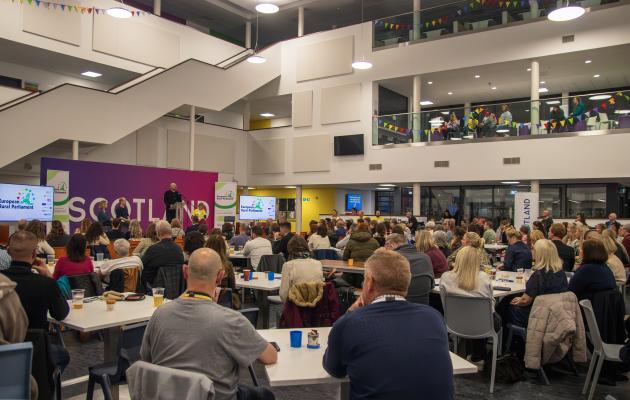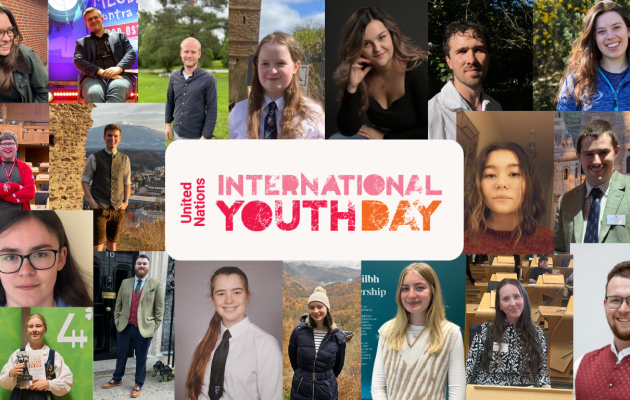Working with Dr. Elizabeth Lawson from Newcastle University, and hearing directly from members and other representatives in rural and island communities, we submitted a response to the Scottish Government's Water, Wastewater and Drainage Policy consultation. This response has been informed by a long term engagement programme with rural and island communities, centred around the 2023 Scottish Rural & Islands Parliament. During this process, we have collected stories from rural and island communities on both issues and solutions relating to water supplies, wastewater treatment, addressing water scarcity and flooding events and raising awareness of our human right to water. You can read our full response here but some top lines include:
- Scotland is a country that enjoys a reputation for being water rich. Individuals on mains water supply very rarely think of how they may be impacted by water scarcity, i.e. not just a decrease in water levels but an erosion of the quality of that water. It is likely that most people have not had the opportunity to consider the benefits of moderating their water consumption or meeting their non-drinking water needs in different ways. Most businesses are metered and therefore have a different level of awareness. Tailored communication is therefor an important first step. People and communities in rural and island communities, especially those on private water supplies will require specific communication.
- Infrastructure is also necessary, whether that is infrastructure that works at household level, rural community level, urban neighbourhood level or whole-city level. Such infrastructure, from small waterbutts to large scale drainage and reservoir systems need to be geared towards retaining and managing the water we have available to us.
- It is of concern that the consultation document appears dismissive of infrastructure options, citing costs and carbon emissions, while proposing that behaviour change is an "alternative." It is not an alternative. Both measures are necessary and interdependent.
- Some of the measures desired by rural and island communities include:
- 1. Improved data on households and businesses that rely on private water supplies - this data should then be used to support households come together to work with Scottish Water and others on solutions to water scarcity affected PwS. A good example of a community-level response is Papa Westray.
- 2. Improved education and awareness raising for wider community around our collective "right to water" and how this is met, including ensuring local communities/neighbourhoods know where their water is actually coming from and what is involved in producing it, i.e. the carbon cost of producing it, plus how to address water scarcity. Initiatives like the Carbon Neutral Islands programme are beginning to explore these questions in an islands context.
- 3. Improved infrastructure as above including that known leaks in Scottish Water pipelines, of which there are many, are fixed. Some of these leaks can cause danger to pedestrians and cars, for example when they freeze over.
- 4. Planning regulations for housing and business units can support improved retention and use of non drinking water, alleviating pressures on the mains drinking water system.
- It is important that the Scottish Government gets a more accurate understanding of private wastewater systems. We only have estimates on the number of domestic septic tanks in Scotland and these estimates range from 180,000 to 468,000. The number of properties with direct discharge (no treatment of wastewater) across Scotland is completely unknown but will amount to thousands. Septic tanks and direct discharge are mainly in rural and island communities and this needs a very specific policy response from government.
- Due to the complexity of the wastewater treatment landscape in Scotland, a strategic review of needs is required. As with water supplies, a tailored and coordinated platform of communication and support, similar to Local Energy Scotland will help to enable owners and users of private systems to access what they need including grants. A grant for wastewater systems, in line with a revised PWS grant should be introduced to encourage users to improve existing treatment systems or initial installation in the case of direct discharge. This would again ideally take place on a neighbourhood or community scale.




